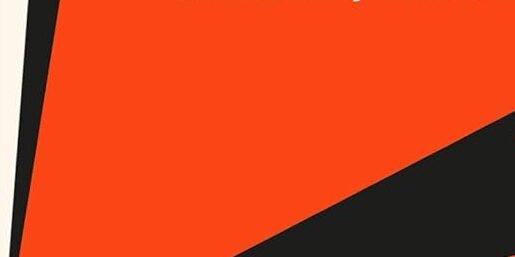Will Storr – The Science Of Storytelling (2019)
De kunst van het verhalen vertellen is de menselijke superkracht. De voorbeelden van ‘wat’ een goed (of zelfs geweldig) verhaal maakt zijn legio, maar de vraag ‘waarom’ is veel lastiger te beantwoorden. De auteur probeert derhalve een antwoord te vinden in de wetenschap.

There is a positive relationship between curiosity and knowledge; the more context we learn about a mystery, the more anxious we become to solve it.
There are four ways to involuntarily induce curiosity in humans:
- posing a question or presenting a puzzle
- exposure to a sequence of events with and anticipated but unknown resolution
- violation of expectations that triggers a search for an explanation
- knowledge of someone else possessing the desired information
Humans have an extraordinary gift for reading and understanding the minds of other people. In order to control our environment of humans, we have to be able to predict how they’re going to behave. The importance and complexity of human behavior means we have an insatiable curiosity about it. Stories are a deep investigation into the ever-fascinating whys of what people do.
Gossip exists to teach us about other people, to tell us who they really are. Most concern moral infractions: people breaking the rules of the group.
As we’re tribal people with tribal brains, it doesn’t count as humiliation unless other members of the tribe are aware of it. We may hate the villain, but our hatred is meaningless. We want him unmasked to people in his world.
We have an average of fifteen ‘personal projects’ going at once, a mixture of ‘trivial pursuits and magnificent obsessions’. […] In order to bring happiness, a project should be personally meaningful and we ought to have some level of control over it.
For the mythologist Joseph Campbell, a story starts with a hero receiving and, at first, refusing a call to adventure. A mentor comes along to encourage them. Somewhere in the middle they’ll undergo a ‘rebirth’. Only to rouse dark forces that pursue them. After a near-deadly battle, the hero returns to their community with learnings and ‘boons’.
Life is change that yearns for stability. Story is a form of play that allows us to feel we’ve lost control without actually placing us in danger. It’s a rollercoaster, but not one made from ramps, rails and steel wheels, but from love, hope, dread, curiosity, status play, constriction, release, unexpected change and moral outrage.
Find out what people believe to be sacred, and when you look around there you will find rampant irrationality. […] This is our ‘sacred flaw’. It’s the broken part of us that we’ve made sacred.
